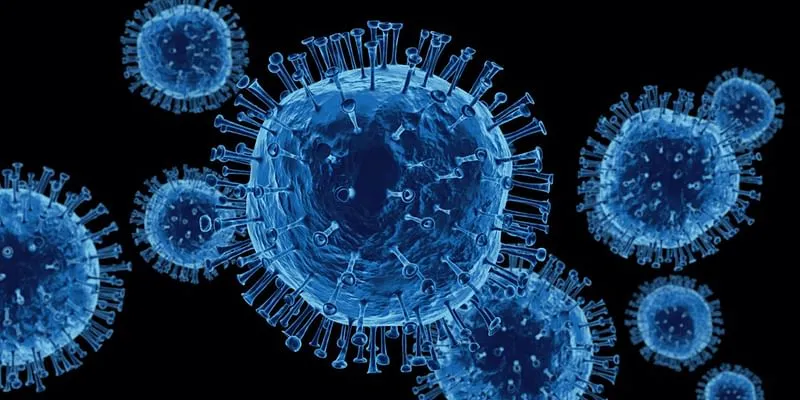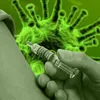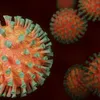What are the new COVID-19 symptoms?
How do I know if I have COVID-19? This question has been on our minds since the start of the pandemic. We still can't really answer it, and even a cold should not be taken lightly.
The new top 5
A study underway in the United Kingdom has published data on the most recent COVID-19 symptoms.
In the Zoe COVID Symptom Study, infected people reported their symptoms via an app. According to the findings, COVID-19 symptoms have apparently changed. This could be due to the delta variant, which now accounts for 99 percent of infections in the UK (as of July 12, 2021).
What are the most common symptoms in people who are fully vaccinated?
In general, similar symptoms of COVID-19 were reported in the app by both vaccinated and unvaccinated individuals, the website states. "However, those who had already been vaccinated reported fewer symptoms over a shorter period of time, suggesting that they were less likely to become severely ill and recover more quickly," it says.
Even vaccinated people can become infected with the coronavirus. But the data confirms that these people usually have mild symptoms and that vaccination prevents severe or even life-threatening COVID-19.
The current ranking of COVID-19 symptoms after two vaccinations are:
- Headache
- Runny nose
- Sneezing
- Sore throat
- Loss of sense of smell
Many of these are symptoms we usually associate with a cold. The possibility of confusing the two illnesses is dangerous and may have played a role in the spread of the delta variant in the UK.

Representational Image
What are the most common symptoms in people who have not been vaccinated?
In unvaccinated people, the symptoms are slightly different. While some remain the same, there are changes compared to when the virus first appeared about 1.5 years ago.
The current ranking of COVID-19 symptoms in people who have not been vaccinated is:
- Headache
- Sore throat
- Runny nose
- Fever
- Persistent cough
Loss of smell fell to ninth on the list, and shortness of breath comes even further down in 30th place. These fluctuations may indicate that previously known symptoms change as variants of the virus evolved.
Don't be so hasty
In the podcast 'Coronavirus Update' (podcast/transcript in German), German virologist Christian Drosten discussed the results of the study and the YouTube statement by Tim Spector, an epidemiologist and leader of the ZOE study. He believes that an important point is being missed in the discussion of symptoms in the media.
The symptom picture, in general, has changed, he said, "in that older people are increasingly vaccinated, and now in their study, they're seeing an increase in younger people who are infected."
In younger people, the symptoms are more along the lines of a general flu-like infection, with a headache, sore throat and a bit of a fever. The persistent cough that was so typical in older patients is seen less now, Drosten says.
He would not attribute that so much to the delta variant as to trends in the susceptible population — which basically consists of younger people, as the older ones are more likely to be vaccinated.
"I think you just have to wait until something really scientific is published on this," Drosten says.
When in doubt, get tested
If you feel unwell and you're unsure if it is COVID-19, the right decision is always to get tested and keep your distance from others until you have a negative result. On this point, Spector and Drosten agree.
"I think that was also the purpose of this public statement to remind the population, especially the younger population that is now infected, that you have to be careful even if you don't feel seriously ill," says Drosten. "And [that you] shouldn't just think to yourself: 'Oh, it's just a cold.'"
The recent Gutenberg COVID-19 study by the University of Mainz showed that more than 40 percent of all those infected with SARS-CoV-2 were unaware of their acute or previous infection.
In an interview with DW, study author Philipp Wild acknowledged that testing should not be waived because of vaccination status or low incidence rates. "It's an important metric to keep an eye on the dynamics of the pandemic," he said.
Staying alert and exercising caution is not optional, but a must — whether one is vaccinated, recovered or tested. And measures such as thorough hand-washing, wearing a mask and keeping a 1.5 meter (5-foot) distance from others help to prevent the spread of disease.
(This article by author Hannah Fuchs was originally published on Deutsche Welle.)
Edited by Suman Singh
(Disclaimer: The views and opinions expressed in this article are those of the author and do not necessarily reflect the views of YourStory.)








